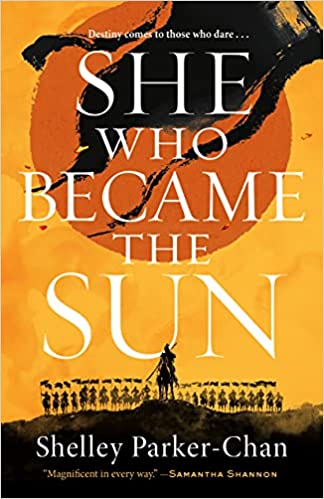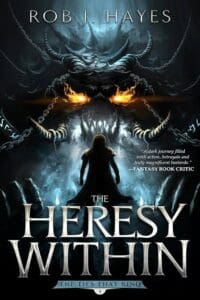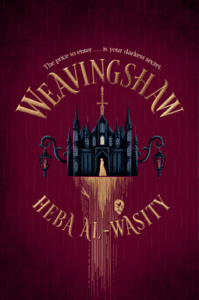Rating: 8.5/10
Synopsis
In a famine-stricken village on a dusty yellow plain, two children are given two fates. A boy, greatness. A girl, nothingness…
In 1345, China lies under harsh Mongol rule. For the starving peasants of the Central Plains, greatness is something found only in stories. When the Zhu family’s eighth-born son, Zhu Chongba, is given a fate of greatness, everyone is mystified as to how it will come to pass. The fate of nothingness received by the family’s clever and capable second daughter, on the other hand, is only as expected.
When a bandit attack orphans the two children, though, it is Zhu Chongba who succumbs to despair and dies. Desperate to escape her own fated death, the girl uses her brother’s identity to enter a monastery as a young male novice. There, propelled by her burning desire to survive, Zhu learns she is capable of doing whatever it takes, no matter how callous, to stay hidden from her fate.
After her sanctuary is destroyed for supporting the rebellion against Mongol rule, Zhu takes the chance to claim another future altogether: her brother’s abandoned greatness.
Review
She Who Became the Sun is the first in Shelley Parker-Chan’s The Radiant Emperor series. Set in 14th-Century China, the books combination of war, politics, and gender identity exploration is certain to please fans of Chinese-inspired historical fantasy.
Neither a warrior nor monk, neither whole nor incapacitated. And what else did Jiao see? A man or a woman, or something else entirely?
I want to cut right to the chase with this one: this is Zhu’s show. Her persistence throughout the book is the driving factor for the story. Zhu’s constant struggle to prove her worth while at the same time dealing with identity concerns over a backdrop of the ongoing war provides a consistent well of tension from which the author taps. One of the best aspects of this book is the creativity Parker-Chan writes into Zhu’s plans and actions. It felt like every time her back was against the wall Zhu had something up her sleeve. I do not want to make light of her hardships, because this story was trauma after trauma for her. And that is due to being in survival mode all the time, which is oftentimes a hard read. Yet, Zhu persists, and it makes for a narrative that is, above all things, intriguing the whole way through.
General Ouyang is another character whose suffering is front-and-center, having been made a eunuch at the hands of the family he serves. This is another significant source of suspense in the story. He, too, struggles with identity as his looks and nature always put his gender in question with others. Ouyang struggles with fighting for the family who not only scarred him but killed his family, as well. He is also always in conflict with Zhu, which causes their storylines to intertwine often. These meetings are taut with drama and friction. I like the way this layering added depth to the story.
There are other positive aspects of the book, as well. Zhu’s long-lasting friendship with Xu Da is a staple in the story, while not being overstated. There is also some romance, which I do not want to say too much about so as not to spoil anything.
I have to admit, I do struggle with stories that do not have a clear rooting interest. I found myself in that place at times in this book, as it is not as cut-and-dried as the hero/villain stories that have permeated fantasy for a long time. I know this is my own bias showing as much as anything else, so it is something I am working toward improving on when judging a book on its merits.
I give She Who Became the Sun one of my biggest compliments: it was compelling from the first line to the last. It gets my recommendation for fans of fantasy, and especially those of historical fantasy.





Leave a Reply